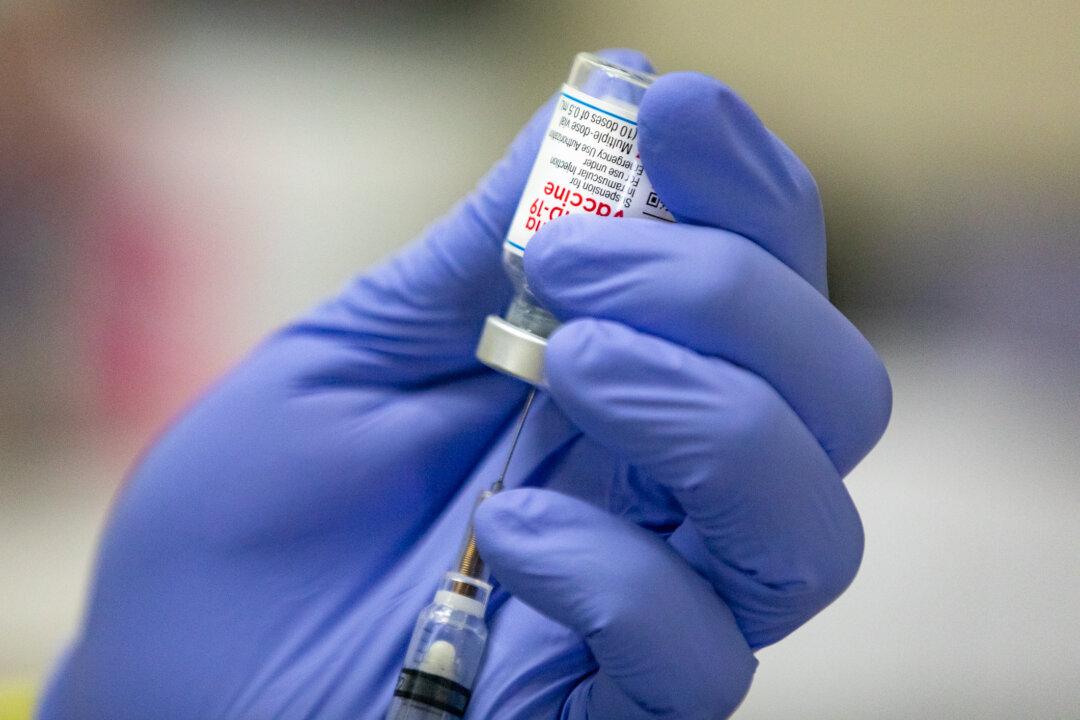Maine health care workers opposed to the COVID-19 vaccine mandate are hoping the U.S. Supreme Court will take the same position a Texas federal court recently took on the Department of Defense’s obligation to approve religious exemptions for active-duty veterans.
In a brief filed on Jan. 11 on behalf of 2,000 health workers in the Pine Tree State, the national civil liberties organization Liberty Counsel argued that it’s discriminatory for hospitals to grant medical exemptions but not religious ones to health care workers opposed to taking the COVID shot.




